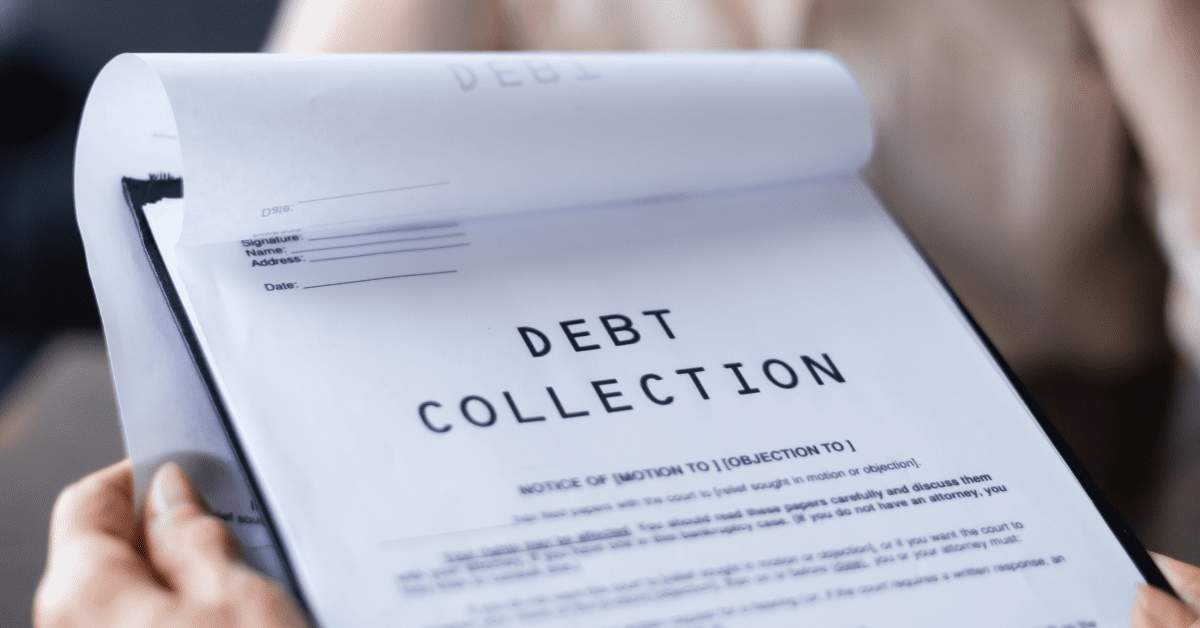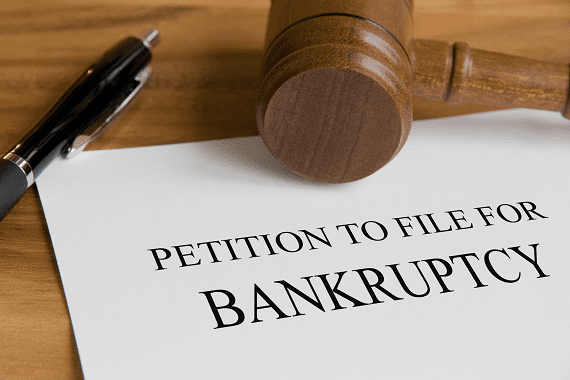Introduction:
Trapped in the relentless chase of debt collectors? It’s a tough spot, but there is a way out. In Ontario, many like you are dealing with similar financial setbacks. As an experienced licensed insolvency trustee, I bring a ray of hope – with the right knowledge and strategies, you can navigate these hardships and reclaim your financial stability. This article isn’t just a read; it’s your first step towards breaking free from the chains of debt.
The Impact of Debt Collection on Your Credit Score
Credit Reports and Your Financial Health
Every missed payment is a dent in your credit score, monitored by reporting agencies like Equifax and TransUnion. It’s crucial to understand that settling debts in collections doesn’t instantly fix your credit score. In fact, debts remain on your report for six years from your last payment, and making a new payment could inadvertently extend this period.
The Long Shadow of Debt Collections
The long-term impact of debt collection on your credit score cannot be overstated. Your credit history plays a pivotal role in future financial opportunities, from securing loans to renting properties. It’s a delicate balance; sometimes, letting a debt age and disappear from your report is more beneficial than clearing it and resetting the clock.
The Realities of Paying a Collection Agency
Understanding the Dynamics of Debt Aging
Consider the age of your debt. Older debts nearing the end of the six- or seven-year mark on your credit report might be better left untouched. This strategy can sometimes lead to a quicker improvement in your credit score than if you had settled the debt.
Legal Considerations and Statute of Limitations in Ontario
Knowing Your Legal Rights and Limits
Debt collectors have a toolbox of legal actions, including wage garnishments and freezing bank accounts. Yet, Ontario’s statute of limitations offers a two-year buffer against legal pursuits for debt. Be aware that any payment or other confirmation of the debt, including by phone, can restart this timeline, exposing you to extended legal vulnerability. You can find out more using this link.
Alternatives to Settling Debts with Collection Agencies
Strategies Beyond Payment
Broaden your horizon with these alternatives:
- Debt Management Plans: Collaborate with counselors to structure your payments over a manageable timeframe.
- Consumer Proposals: Drastically reduce unsecured debts and enjoy relief from creditor harassment.
- Bankruptcy: Eliminate your unsecured debts and get relief from collectors, with costs depending on your income and/or asset value.
Each option shapes your future interactions with creditors and impacts your credit report differently. The key is to choose a path aligned with your financial situation and long-term goals.
Seeking Help: A Vital Step in Your Financial Journey
The Power of Protection: Dealing with Debt Collectors
If debt is overwhelming you, know that seeking help is a sign of pragmatism, not defeat. As a licensed insolvency trustee, I offer personalized strategies that cater to your unique financial situation. You are more than a statistic in the world of finance – you deserve a plan that recognizes and respects your individual journey.
The Human Side of Debt Resolution
Understand that you’re not alone in this journey. Financial struggles are a shared human experience, and there’s strength in seeking support. Reaching out for help can turn a daunting financial challenge into a manageable path forward.
Conclusion
Navigating the complexities of debt collection requires more than just financial savvy; it calls for a nuanced understanding of your rights and options. This guide aims to empower you with knowledge and encourage you to seek professional advice. Remember, your journey to financial recovery is not a solitary one. As a licensed insolvency trustee in Ontario, I’m here to help you chart a course to a brighter financial future. Don’t let debt collectors define your path – take the helm and steer towards financial freedom today.
Get Protection from Debt Collectors and a Debt Solution Tailored to Your Needs.



 Bankruptcy: To File or not to File
Bankruptcy: To File or not to File